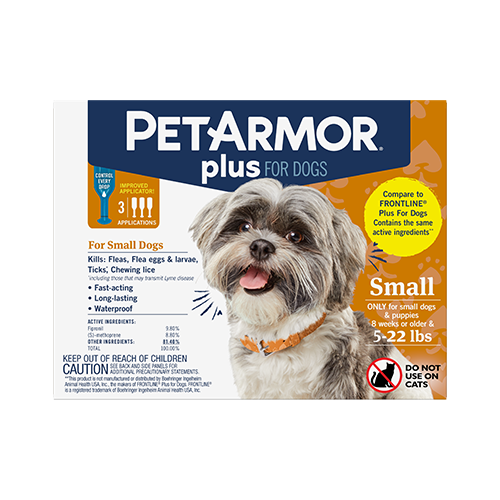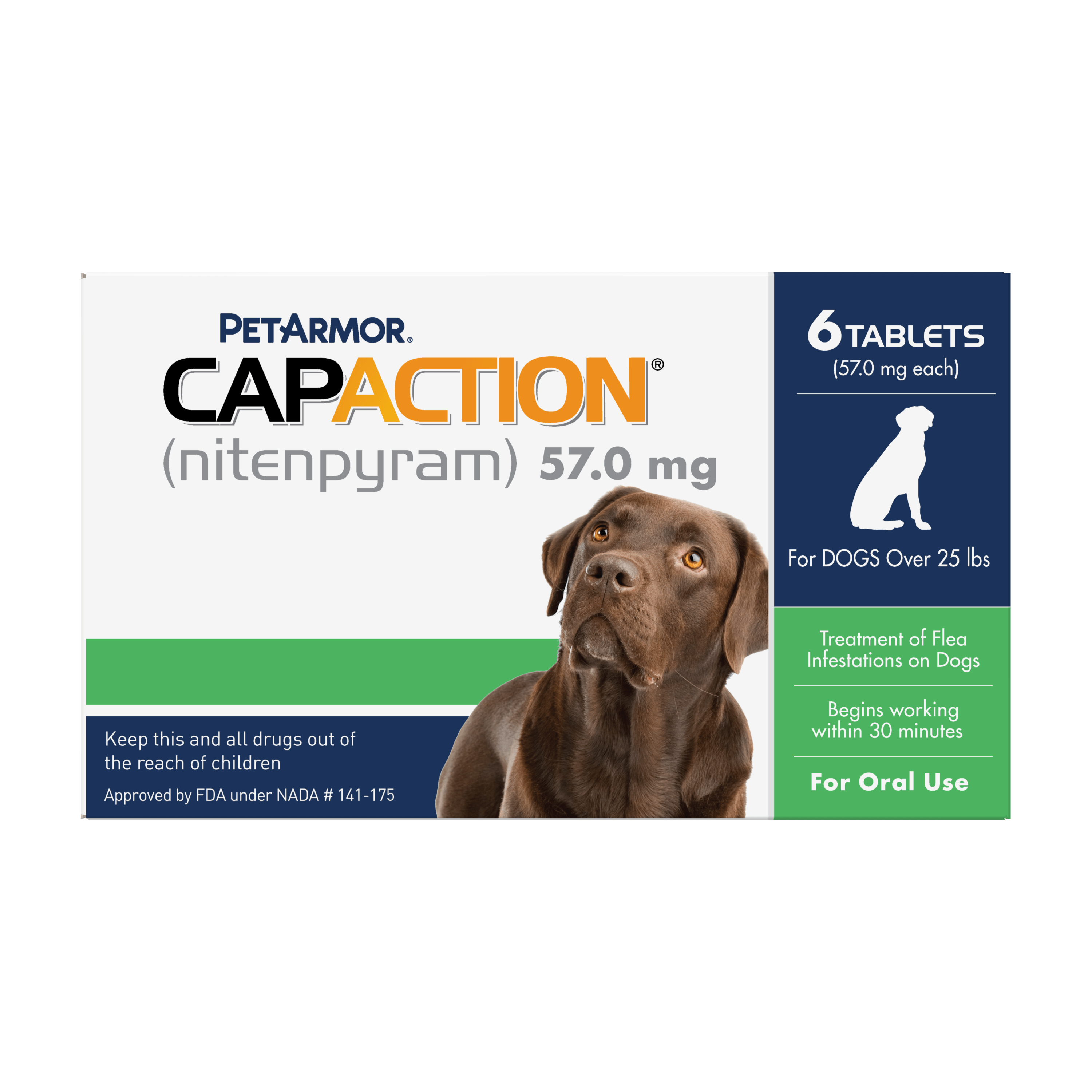As a pet parent, you are always going to want the very best for your pet. To do that, every pet parent should know these 3 things when taking care of their dog or cat.
- Follow Up Examinations/Recheck Visits Are Important.
A recheck can be vitally important in maintaining long-term health for your pet. Why? Here are some reasons for your veterinarian to hope that you comply with their recommendation for a recheck on your pet:
- Monitoring improvements or declines. You and your vet’s priority is your pet’s health. Vets may want to monitor trends in blood values as another example to understand if your pet’s condition is improving or worsening.
- Double checking your concerns. Sometimes a vet’s direction is not completely understood; therefore, a follow-up appointment may be necessary to ensure appropriate distribution or application. Based on how the follow-up goes, vets may prescribe other options, such as a medication that won't cause diarrhea as a side effect, or a different method of administering the medications. Doing so can help establish a history with your vet for future treatments.
- Long-term care. Now that your vet has the initial problem resolved, how do they keep it from reoccurring? In the case of vomiting or diarrhea, perhaps dietary changes are warranted. Itchy skin conditions, many times, are not completely cured but kept under control. Following up allows you to learn about any possible longer-term treatment suggestions.
- Addressing other health concerns. Follow-ups allow vets to address those not-so-pressing healthcare issues but important issues for future care.
If your veterinarian has recommended a recheck visit, please comply. It is best for your pet's health, especially long term.
- Monitoring The Health Status of Your Pet When on Long-Term Medications.
For pets on arthritis or on chronic pain medications, you will want to have both kidney and liver values monitored periodically. Examples that require health monitoring include heart, seizure, thyroid, allergy, and urinary incontinence medications. Monitoring both organ function in your pet and blood concentration levels of the medications themselves helps to ensure accurate dosages and helps to identify potential interactions or complications early.
This allows vets to evaluate the treatment plan and make adjustments as necessary, ensuring your pet’s well-being. If your pet is placed on long-term medications, make sure to have a discussion with your vet about when they should have their re-evaluation and they should be monitored in the future.
- How Obesity Affects Your Pet.
As pet parents, you can help to avoid many illnesses in your furry family members by having them eat a healthy diet and exercise daily.
Obesity in our pets can lead to many health issues including:
- Decreased life expectancy
- Added health costs with your veterinarian.
- Increased cardiovascular disease.
- Musculoskeletal discomfort
- Increased risk of diabetes
- Increased risk of hypertension
- "Fatty liver syndrome" in cats
- Less stamina and heat intolerance
- Respiratory issues
- Possible reproductive problems
- Higher incidence in some types of cancer
Your vet will be able to give you an approximate healthy weight for your pet and calculate a starting point for daily caloric intake per day. Your pet’s health will benefit from a longer, healthier life. Don’t be afraid to ask questions and have an open conversation with your veterinarian about your pet's health.
Our goal at PetArmor® is to enhance the lives of your pets and ensure their safety from fleas and ticks through preventative care. Take action against pests before having to go visit the vet with our line of preventative and treatment solutions.




